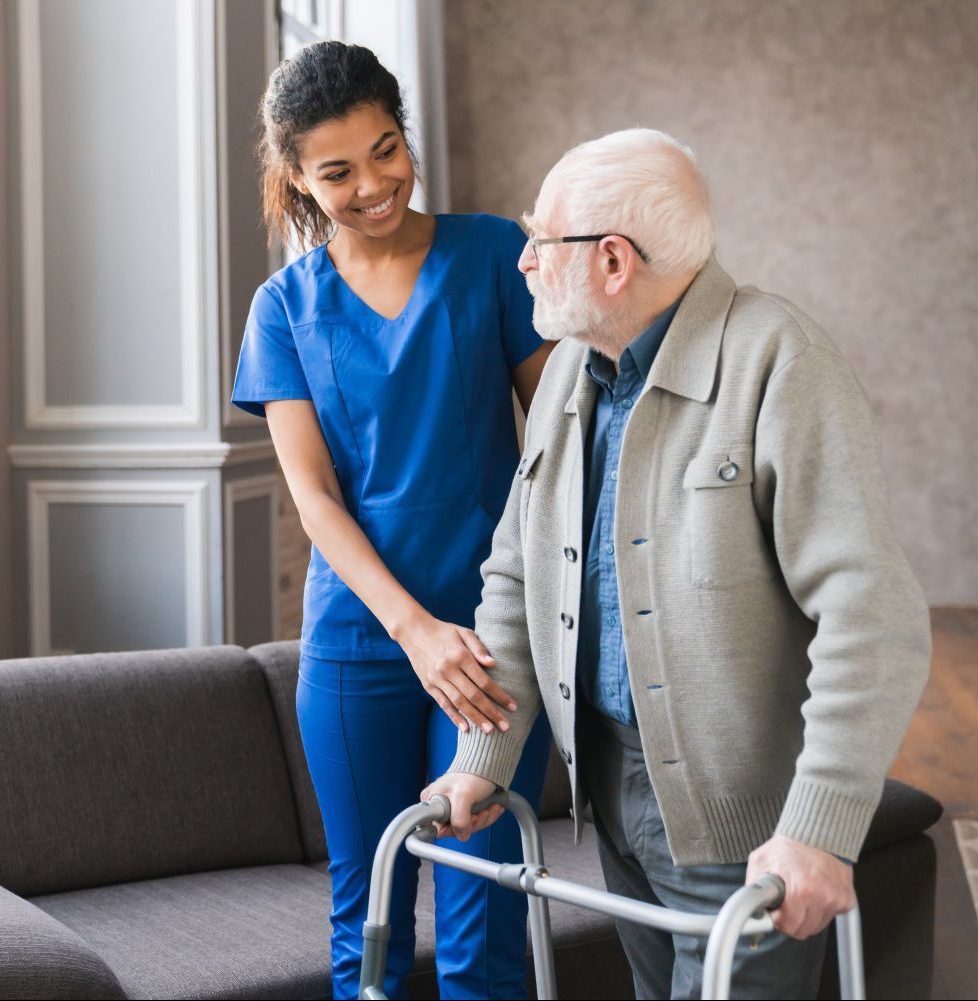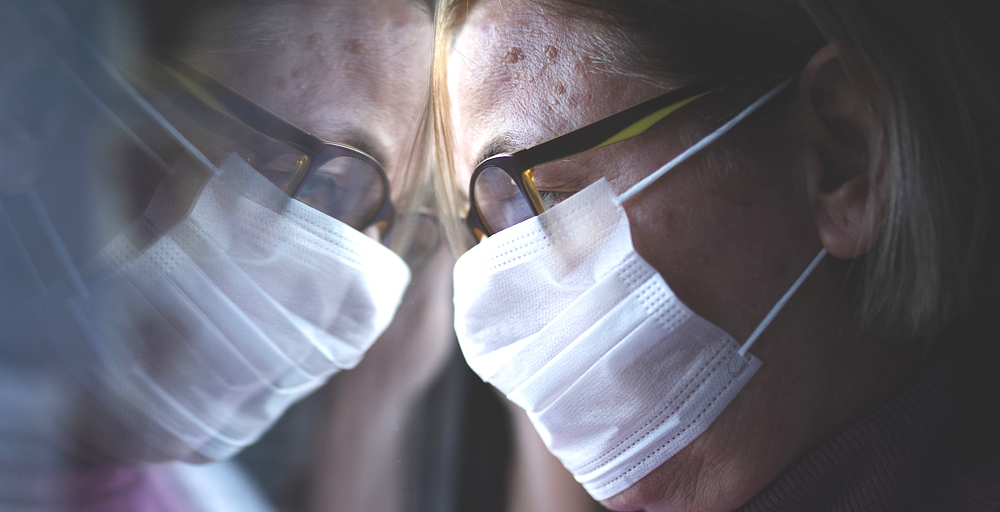
With the number of coronavirus cases continuing to rise across Australia, it’s normal to feel worried and anxious. It’s also important to understand how to best manage stress so that we can help ourselves and those we care for. Here are some tips for staying on top of your mental health during this unusual time.
Understand the facts
It is important to understand what you need to do to help reduce the spread of the virus; however, ongoing media coverage can make you feel anxious. Try to limit your media exposure and instead, check in with the Australian Government’s health alert site, or the World Health Organization for more information.
Keep things in perspective
When we feel upset or anxious, things can sometimes appear worse than they are. Try to remember that this time of self-isolation and economic uncertainty is only temporary. Also remember, that most people who become ill with the coronavirus have fairly mild symptoms and can recover at home.
Stay connected
It’s important to stay connected to the people you care about. Don’t forget to use the phone, or have a video chat with your friends and family.
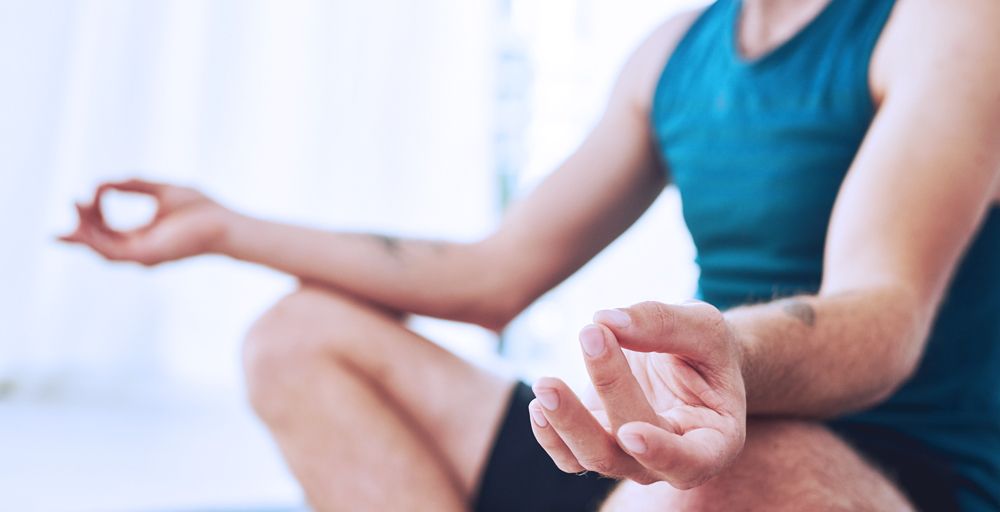
Practice self-care
When our everyday routines change, practicing self-care becomes even more important. Here are a few things that you can do that will help you stay on top of your mental health:
- Eat a nutritious and balanced diet – DPV Health’s Dietitians are here to help
- Exercise regularly – if you can’t get out, look for online exercise programs
- Get enough sleep
- Use this time for hobbies and activities that you enjoy
Have fun with your children
Remember, this can be a stressful time for children. Children are good at picking up the worries or concerns of others, and many of their usual activities may be on hold. Let your children know that they can talk to you about their own concerns. Also let them know that it is normal to feel concerned or worried at this time.
Now is a great time to get into the garden with your children and kick a ball around or play a game. If you’re stuck indoors, why not get out that board game, do some art together? Spending quality time with your kids is good for their mental health and yours.
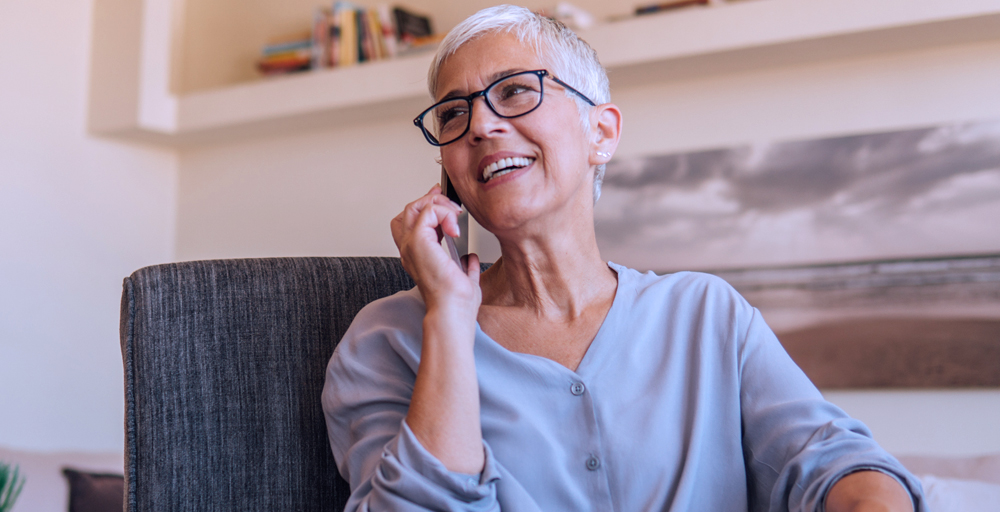
What’s next?
Understanding when you need help is also an important part of taking care of your mental health. If you or someone in your care is experiencing disturbed sleep patterns, or feeling isolated and/or agitated to the extent that it is affecting daily life, reach out to a DPV counsellor for support or Dietitians for advice on 1300 234 263 or visit our support resources: https://www.dpvhealth.org.au/coronavirus-covid-19/support-resources/
Georgie Harman, CEO at Beyond Blue, explains how to manage anxiety amid all the uncertainty.

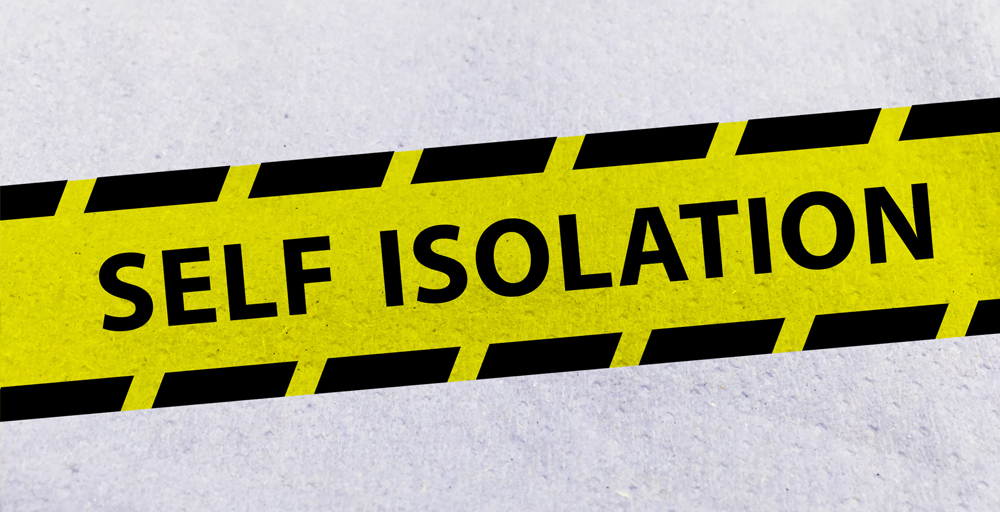
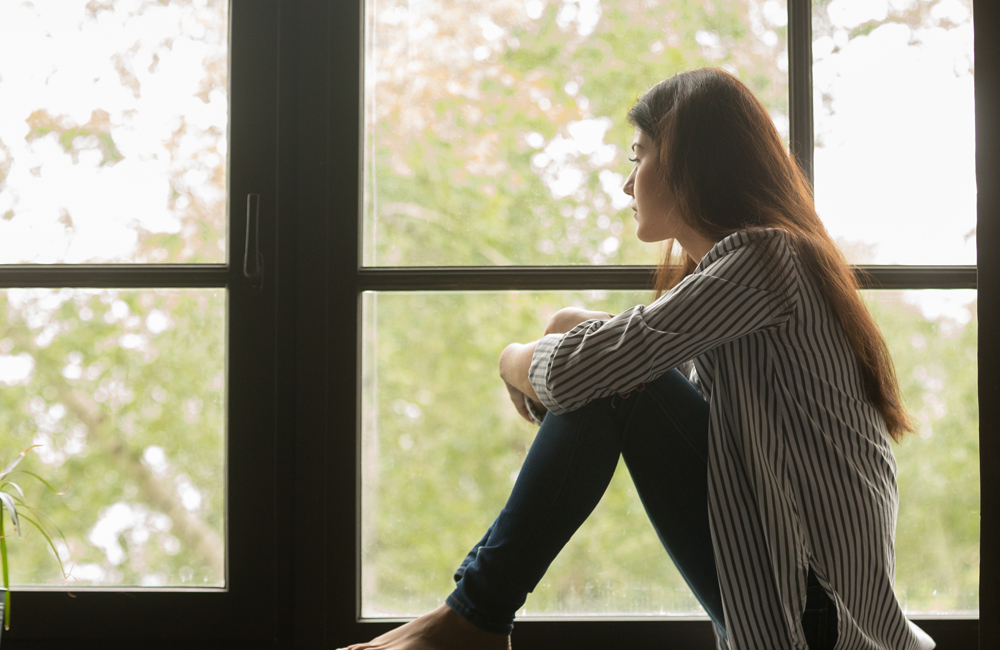
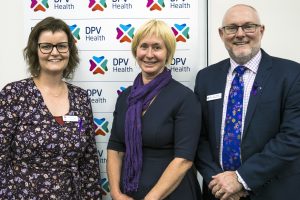
 Language
Language
